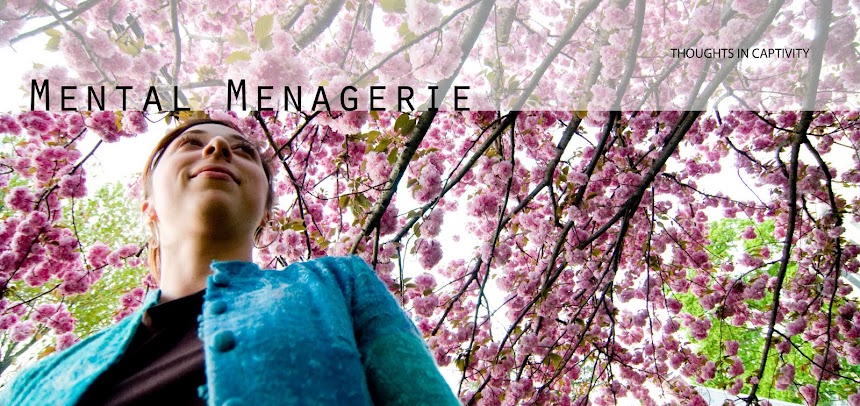I spent part of my childhood growing up on a hobby farm - meaning we didn't keep animals for our livelihood, but for the fun of keeping them. We had sheep, goats, chickens, peacocks, and rabbits to go with our dogs, cats, and various fishbowls. One thing I always said I'd do again was keep chickens. Their manure is great for the garden once it's spent some time composting, and they lay eggs. In addition, they are great entertainment!
I have shared this with Lover on multiple occasions, more so he would be aware of how far the animal and garden enthusiast in me will go. One of his responses has been, "I'm surprised you wouldn't want to keep bees."
Bees? Really? Why on earth would someone keep bees? They sting, and when I get stung, the reaction is bigger than for most people - if they sting near a joint, I can't move it for a day. I told him this, and still, he said those words more than once.
Bees, huh? Well...I keep worms. I vermicompost. Keeping a bin of worms in my basement so I can have great compost and worm poo tea I guess goes on the list of odd hobbies. Beekeeping...also an odd hobby.
Then I read Novella Carpenter's "Farm City: The Education of an Urban Farmer." She speaks of hives lost and swarms won. She talks about pressing her ear against the side of a hive to hear the thrumming of bees within. She talks about getting stung. My interest is piqued. She gets to the point of extracting honey and sharing it with neighbors and using her own honey to sweeten tea and other goodies. Keeping bees?
I then read up on beekeeping in Connecticut. A local-to-me beekeeper has written a book and holds workshops on keeping bees. Other people talk about using the wax to make candles, and for encaustic painting. Encaustic painting?! I have wanted to try encaustic painting for years.
I love the taste of honey. I buy local Connecticut honey. There are debates within vegetarian and vegan circles of whether this counts as an animal by-product and if using bee honey is ethical. I don't get into it. I buy local honey produced by local bees and hope the beekeepers treat the bees ethically. But if I had my own hives, I could be certain that there are no chemicals used, and that the bees have enough honey for themselves. Bees would pollinate the flowers of my gardens, and use that pollen in their hives. I could extract honey twice a year and ensure they don't get brought down by a mite infestation or some other kind of disaster (bees have been having some difficult times lately).
I am convinced. Make Magazine just came out with an issue containing a DIY beehive project. It's my project for next year, as this year is all about the new garden beds and new composting processes.
Books I am Going To Read:






No comments:
Post a Comment